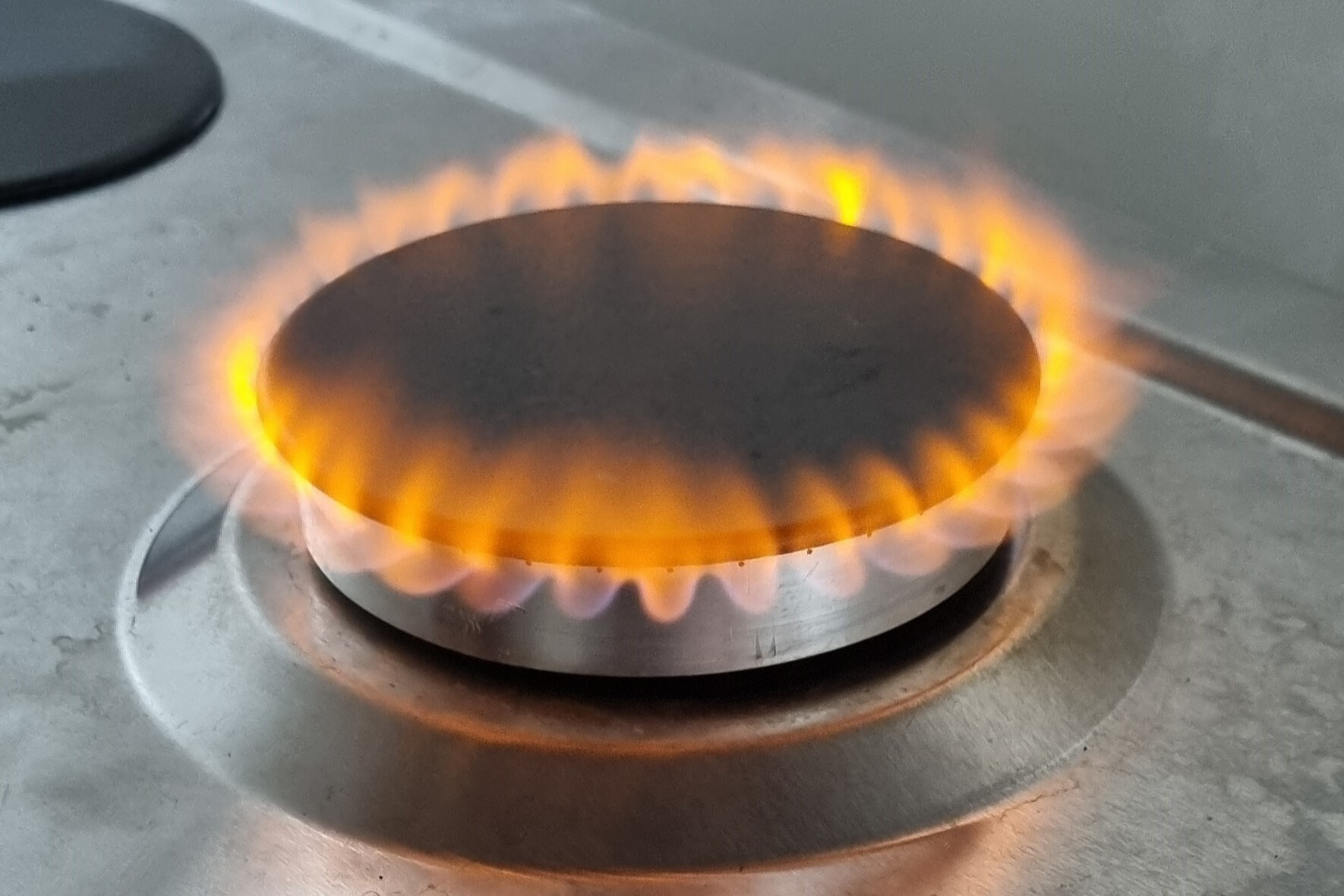We use cookies to give you a better experience on our website. Learn more about how we use cookies and how you can select your preferences.
Future Fuels CRC - Blending hydrogen with gas helps nation move towards decarbonisation

Renewable hydrogen is a clean or ‘green’ fuel. The FFCRC researched blending hydrogen with natural gas for use in gas appliances used for cooking, heating and water heating in residential and commercial settings. These are known as ‘Type A’ appliances.
FFCRC’s key research outcomes
FFCRC’s key research outcomes found:
- up to 25% hydrogen can be safely blended into natural gas without modifying appliances
- this blend can be delivered through the existing natural gas network, helping the gas industry move towards decarbonisation without extra costs for households and businesses.
The research also supports the development of new appliances that can run on higher levels of hydrogen. This could include 100% hydrogen fuelled appliances.
The FFCRC highlights that 25% is merely an upper limit based on the limited set of appliances tested. The research demonstrates that a blend of hydrogen and natural gas can be delivered into the existing gas network without any modification to existing ‘Type A’ appliances.
Type A appliances can include:
- cookers including hotplates and grills
- ovens
- commercial fryers and pasta cookers
- space, decorative and flueless heaters
- storage and instant water heaters.
What FFCRC’s research findings mean for industry
Natural gas suppliers in Perth, Sydney and Adelaide have started blending hydrogen into natural gas, benefiting over 1,000 homes without any impacts to users. More projects are planned in the Murray Valley (NSW) and Gladstone (QLD).
The research findings are also informing a parallel FFCRC project to assess the impact of hydrogen addition on the behaviour of ‘Type B’ gas appliances used in industrial applications.
The FFCRC includes 15 partners representing over 80 Australian companies, universities, and state governments. One of its industry partners is the Australian Gas Infrastructure Group (AGIG). Says AGIG CEO Craig de Laine:
"Key research by Adelaide University as part of the FFCRC program investigating the compatibility with existing gas appliances with blends of hydrogen and natural gas has been critical in ensuring the success of renewable hydrogen projects in Australia."
This CRC is a shining example of where industry and academia come together to solve important questions with impactful findings.
The FFCRC was awarded a CRC Program grant of $26 million over 7 years from August 2018 to June 2025 to transition energy infrastructure to a low-carbon economy using fuels such as hydrogen and biogas.
Further information
-
Find out more about the work of the Future Fuels CRC.
Future Fuels CRC